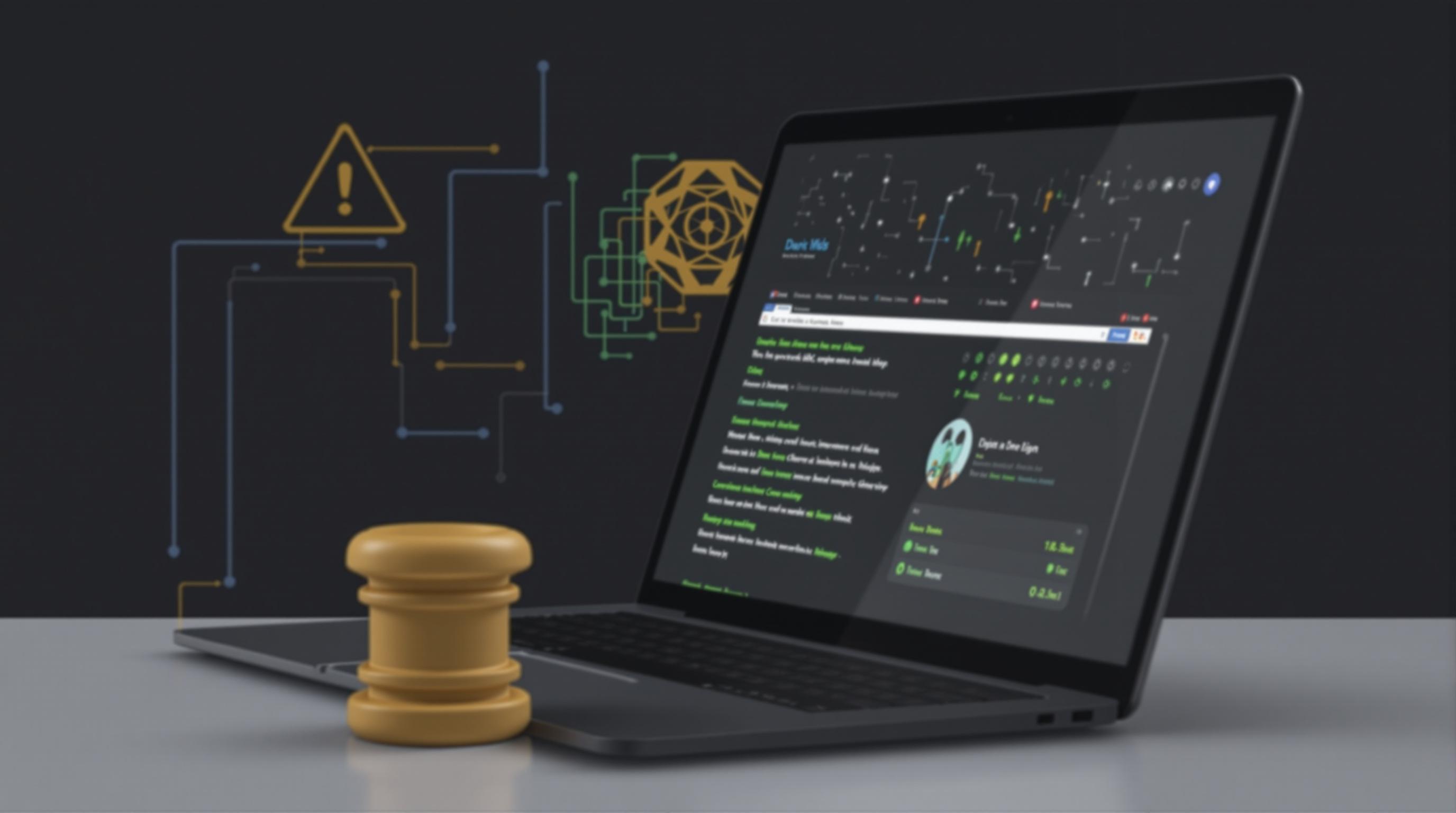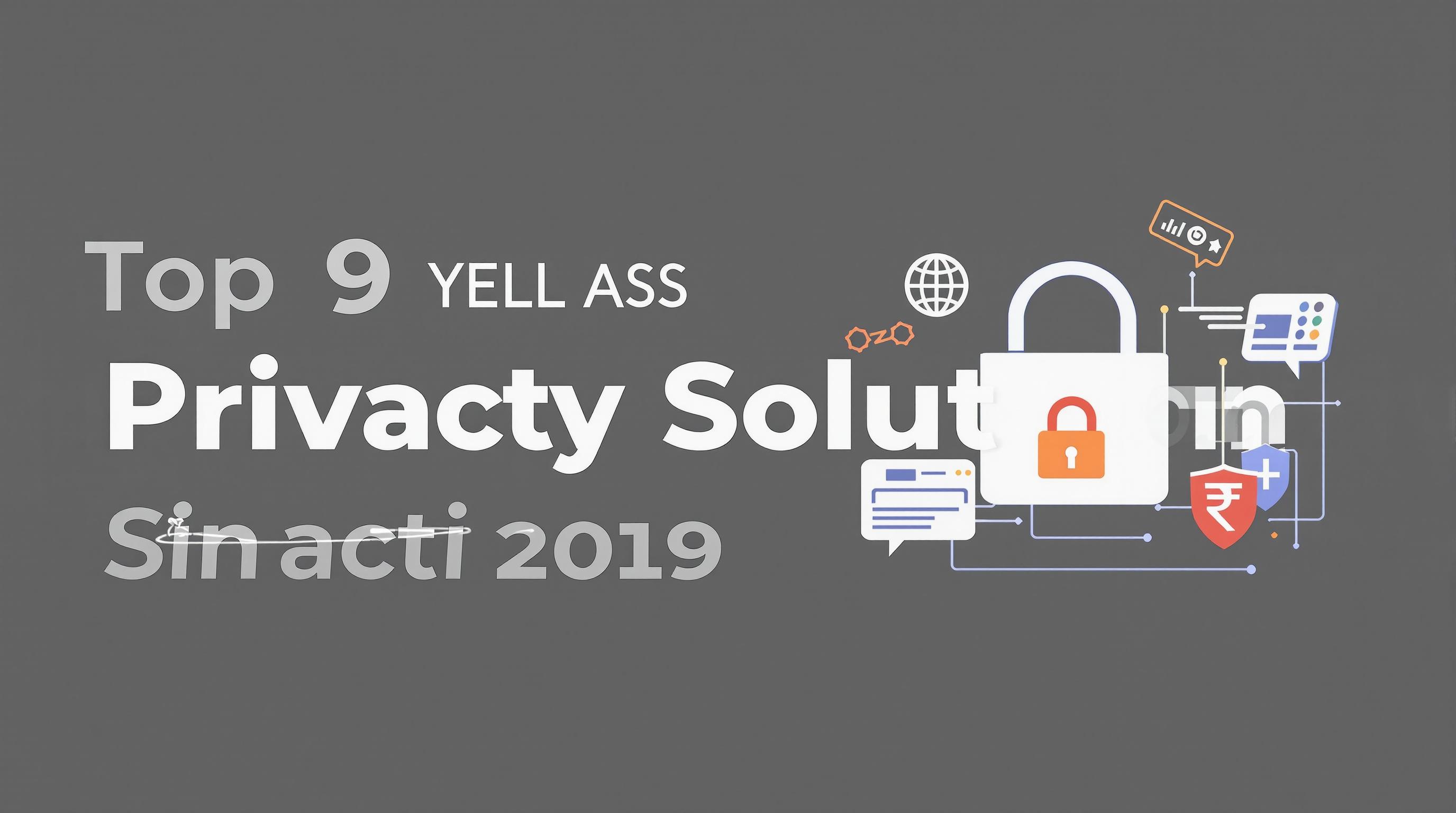Related Articles
- Unraveling the Silent Influence of Biometric Data on European Privacy Safeguards and Compliance Challenges
- Top 6 Game-Changing Franchise Analytics Platforms Launched Since 2019 for Strategic Brand Expansion
- Hidden Pitfalls in Using NDA Templates for Cross-Cultural Tech Collaborations: Lessons from Unexpected Legal Quagmires
- Top 6 Emerging AI-Powered Negotiation Tools Transforming Product Partnership Deals Since 2019
- Top 6 Under-the-Radar Business Licensing Tools Released Since 2019 That Outsmart Traditional Systems
- How Emerging Environmental Regulations Are Secretly Reshaping Small Business Structures in Unexpected Ways
The Role of Dark Web Marketplaces in Challenging Data Privacy Regulations and Compliance Enforcement
The Role of Dark Web Marketplaces in Challenging Data Privacy Regulations and Compliance Enforcement
Dark web marketplaces have emerged as significant disruptors in the realm of data privacy regulations, posing formidable challenges for compliance enforcement globally. This article delves into their complex role, analyzing the implications through statistical insights, case studies, and varied narrative tones aimed at readers aged 16 to 70.
The Invisible Bazaar: A Casual Look at Dark Web Marketplaces
Imagine a shadowy online flea market where everything from stolen credit card information to personal identities is traded. Sounds like the plot of a cybercrime thriller, right? This is the reality of dark web marketplaces—virtual bazaars full of secrets, often beyond the reach of law enforcement and regulatory bodies.
These marketplaces serve as hubs for buying and selling compromised data, directly undermining data privacy laws meant to protect individuals. They not only facilitate cybercrime but also expose inherent weaknesses in compliance frameworks globally.
Statistical Snapshot: Quantifying the Threat
Did you know that according to a 2023 report by Cybersecurity Ventures, over 60% of data breaches have links to dark web sales? Additionally, a study by the Data Privacy Institute indicated that dark web transactions involving personal data have doubled between 2021 and 2024. Such growth underscores the escalating challenges regulators face in enforcing data privacy.
Story Time: When Data Privacy Met the Dark Web
Let's rewind to late 2021. Rachel, a compliance officer at a midsize healthcare provider, had just implemented rigorous data privacy protocols to comply with HIPAA. Yet, within months, her patients’ data appeared on a notorious dark web marketplace, sparking a crisis. The breach was traced back to a phishing scam, but enforcement efforts stumbled due to the marketplace’s anonymity and encryption layers.
Rachel’s story is not unique; rather, it's emblematic of the broader struggle organizations face. Despite legal and technical measures, the dark web’s elusive nature allows cybercriminals to circumvent safeguards and sustain illicit data sales.
A Formal Examination: Regulatory Frameworks under Siege
Data privacy regulations such as the General Data Protection Regulation (GDPR) in Europe and the California Consumer Privacy Act (CCPA) in the United States provide robust legal standards for managing personal data. Nevertheless, dark web marketplaces continuously challenge these regulations by exploiting jurisdictional discrepancies and technological loopholes.
Moreover, enforcement agencies frequently encounter hurdles in tracing transactions conducted using cryptocurrencies, which maintain the anonymity of both buyers and sellers. This has precipitated a need for cross-border cooperation and innovative investigative techniques.
Persuading Stakeholders: Why Stronger Measures Are Non-Negotiable
Stakeholders across government, business, and civil society must acknowledge the urgent need to enhance data privacy enforcement mechanisms. The pervasive trade in personal data on dark web platforms threatens not only individual privacy but also national security and economic integrity.
Investing in advanced monitoring tools, promoting international regulatory alignment, and fostering public-private partnerships are critical steps. Failing to act decisively could lead to exponential increases in data breaches and erode public trust.
Case Study: Operation Disruptor - A Law Enforcement Win
In October 2020, a global coalition of law enforcement agencies launched Operation Disruptor, targeting major dark web marketplaces. The operation resulted in the seizure of millions of dollars worth of cryptocurrencies and the arrest of key vendors specializing in stolen data trade.
This case demonstrates that coordinated enforcement can disrupt illicit marketplaces and serve as a deterrent. However, the persistence of dark web platforms suggests a constant game of cat-and-mouse, necessitating continued vigilance and adaptation.
Conversational Insight: Why You Should Care About Dark Web Marketplaces
Let's be real: most folks think the dark web is “somewhere else” – a remote place far from their daily lives. But your data, whether it’s your social security number or your email password, might already be lurking there, traded like digital currency. Whether you enjoy online shopping, social media, or just browsing memes, the safety of your personal information is at risk every day.
Understanding the mechanics of these marketplaces helps in making smarter choices about digital hygiene and supporting policies that protect us all.
Humor Break: The Dark Web’s Unofficial Motto
“What happens on the dark web, mysteriously never stays on the dark web.”
Ok, maybe it's not very funny for privacy advocates, but it captures the frustrating cycle of data breaches and subsequent illicit trading that never seems to stop!
Technological Twist: Cryptocurrency and Anonymity
Cryptocurrency fuels the dark web marketplace economy by ensuring anonymity and facilitating quick, untraceable payments. Bitcoin, Monero, and other privacy-centric coins are favored due to their decentralized nature and encryption techniques.
This complicates regulatory compliance because traditional financial regulations rely on transparent transaction records. The tension between privacy technologies and regulatory oversight exemplifies the modern struggle to protect data privacy.
Looking Forward: Balancing Innovation and Security
Data privacy regulations must evolve alongside technological advancements. While dark web marketplaces exploit anonymity for nefarious purposes, anonymity is also vital for legitimate privacy rights.
Emerging solutions such as blockchain-based identity verification and AI-driven anomaly detection offer promising avenues. However, a balanced approach is essential to safeguard both individual liberties and collective security.
Conclusion: A Call to Action
Dark web marketplaces represent formidable adversaries in the quest for effective data privacy regulation and enforcement. A multifaceted approach involving technological innovation, international cooperation, and public awareness is necessary to combat the persistent threats they pose.
As digital citizens, staying informed and advocating for stronger protections is our shared responsibility in this ongoing cyber saga.



